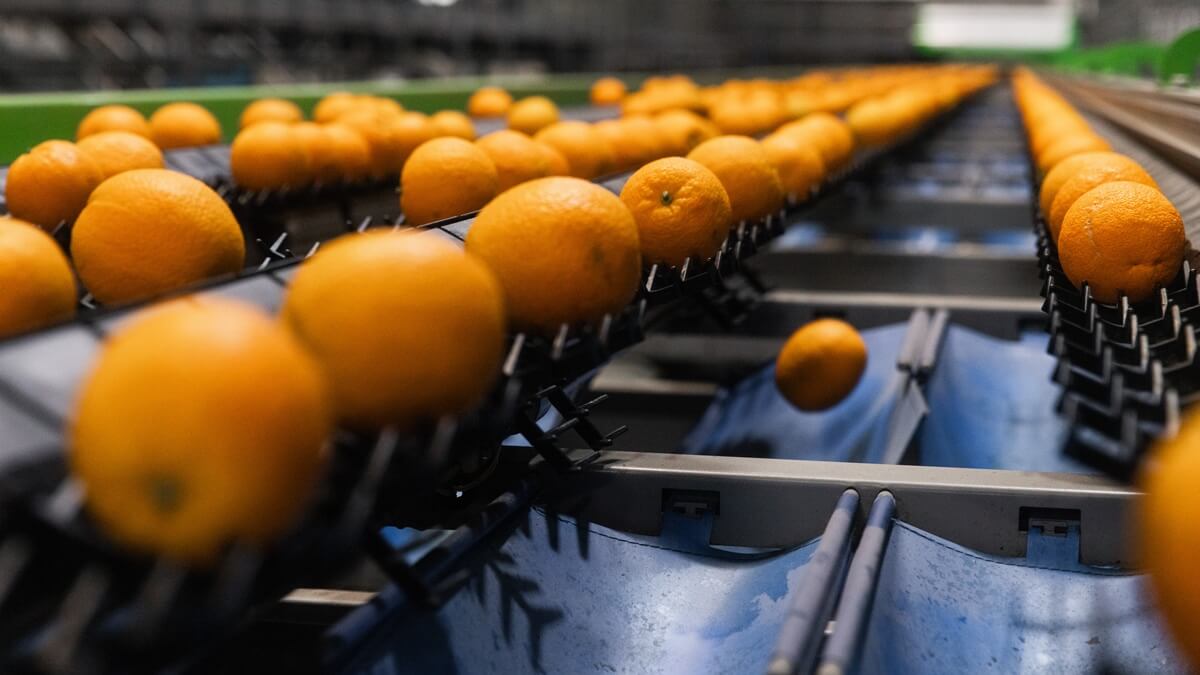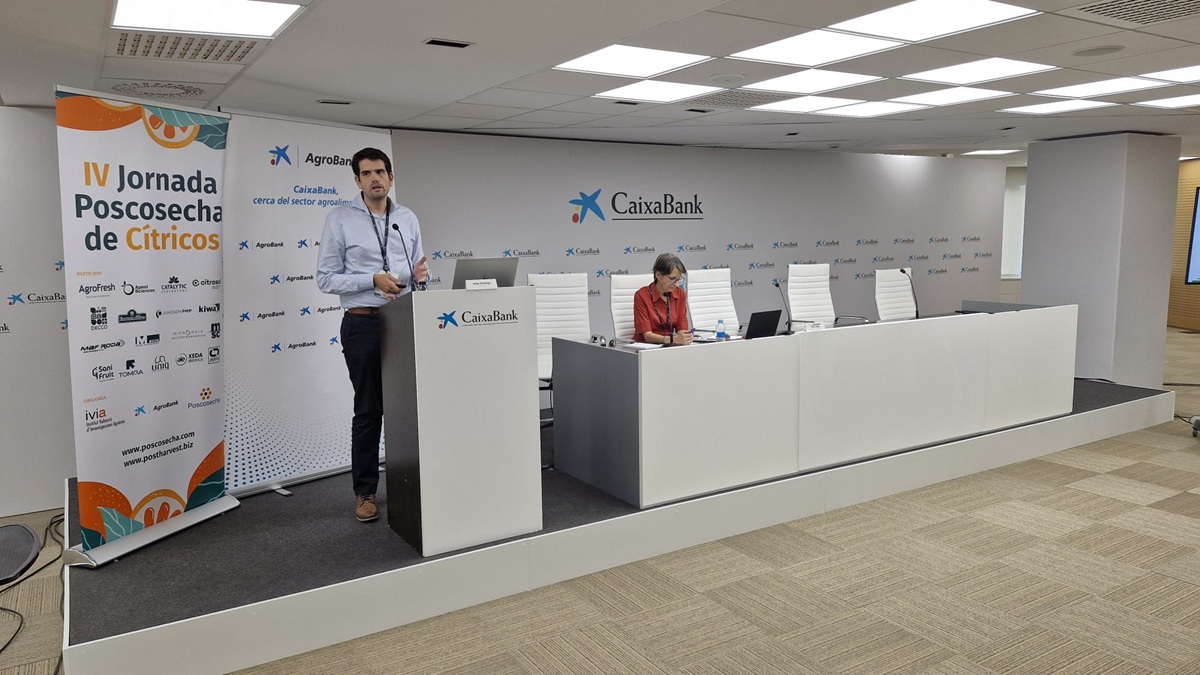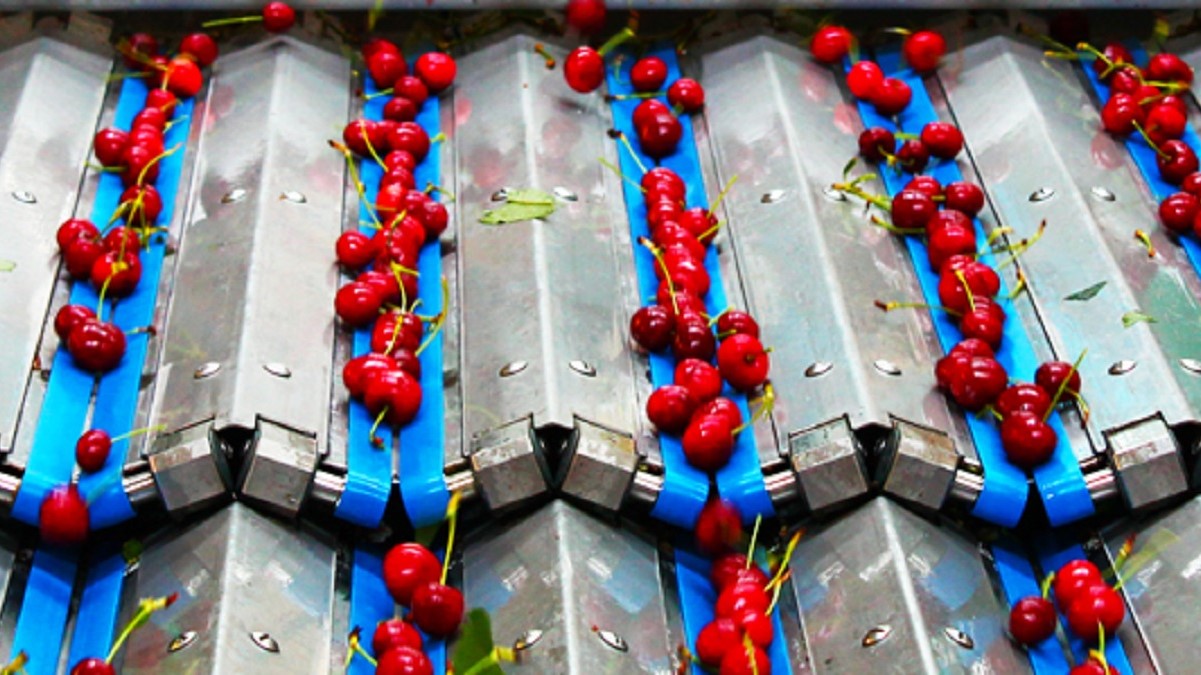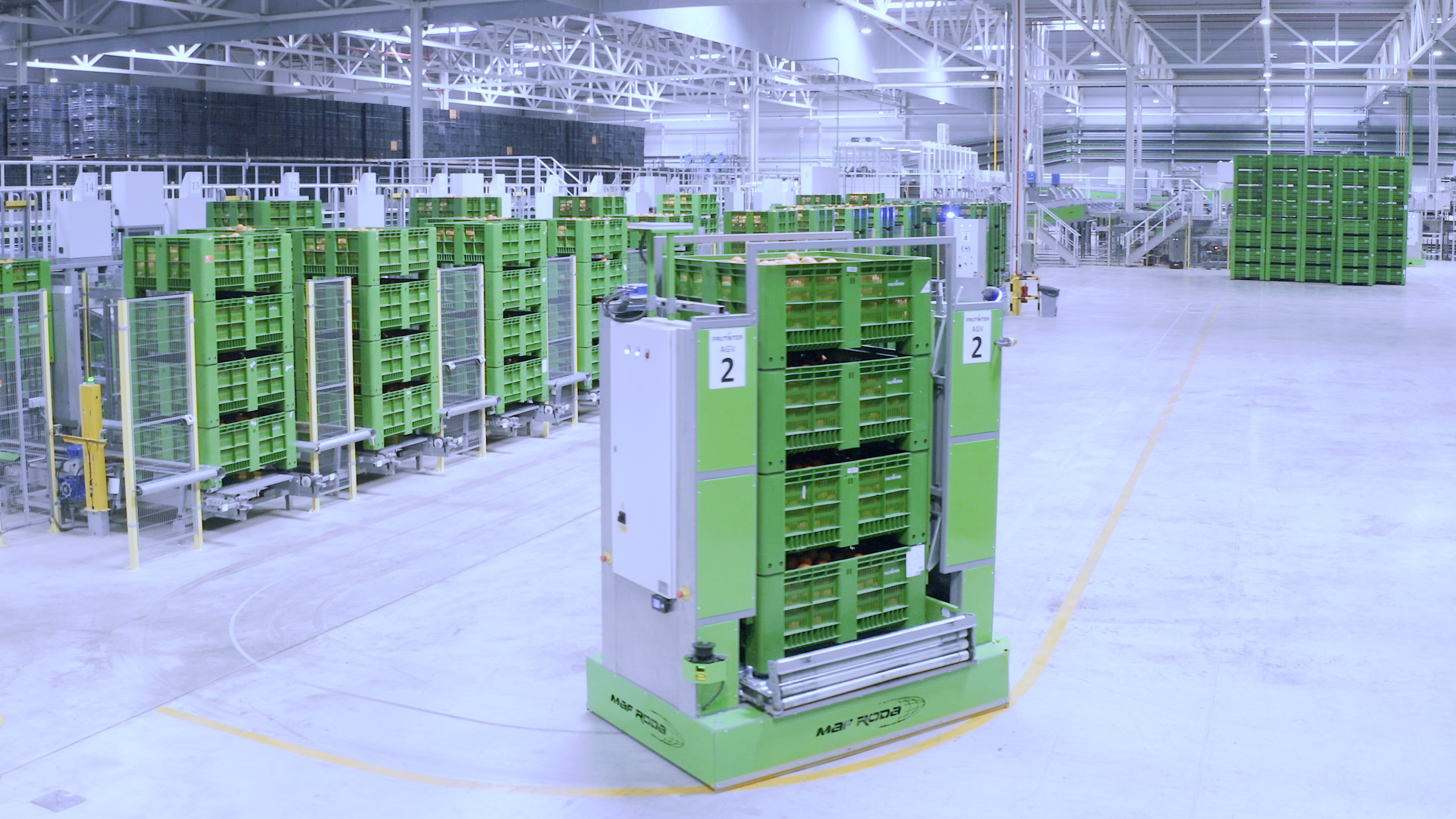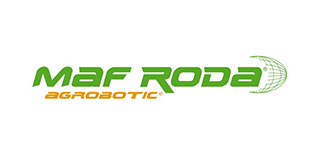

Maf Roda
Conditioning
Packinghouse automation: an essential factor for optimizing costs and quality
Presentation by Isaac Mataró, commercial director of Maf Roda Norte España at PostharvestTALKS - Fraga
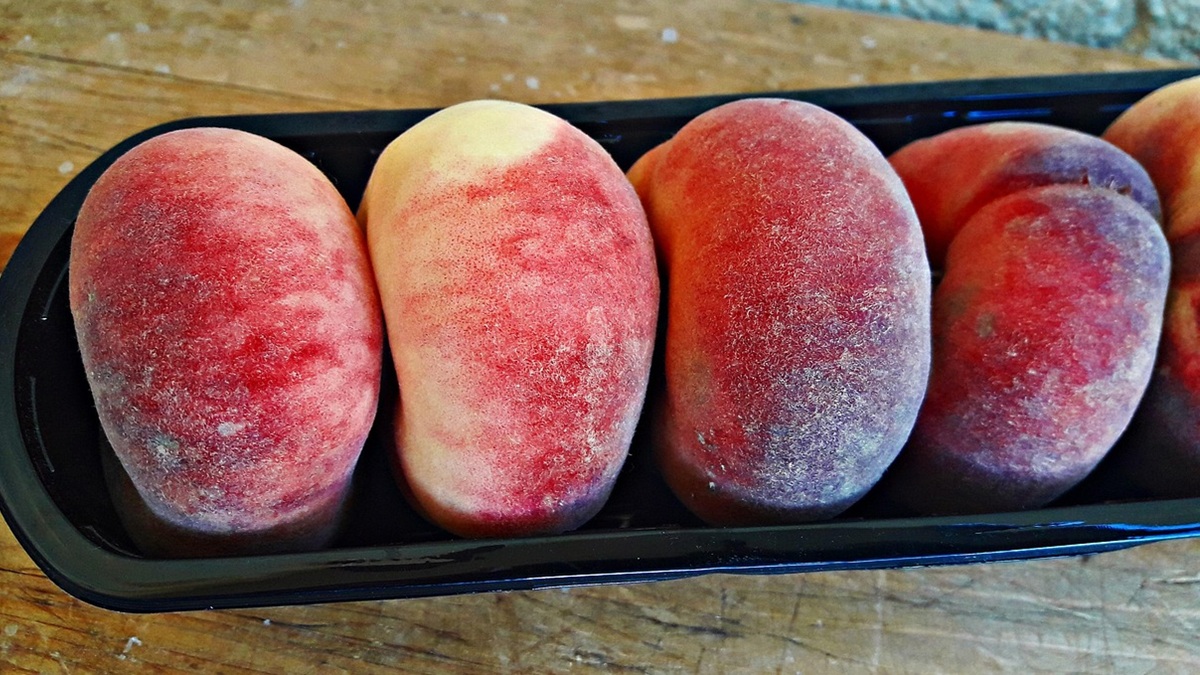
Historically, mechanization in the agribusiness sector has responded to the need to improve - or directly replace - human labor. Today, factors such as the shortage of personnel, the lack of specialized training and the 54% increase in the minimum wage in the last six years make automation a strategic necessity rather than an option.
In this context, Maf Roda proposes a model based on three fundamental pillars to optimize costs and improve the quality of the production process:
- Automated sorting by quality
- Incorporation of pre-sorting
- Automation of internal packaging and logistics.
Automated sorting: maximum accuracy, minimum intervention
Automated grading allows fruit to be detected and sorted with greater accuracy and speed than any manual system. The GLOBALSCAN 7 system, unique in the market, uses multispectral cameras to capture all wavelengths and apply artificial intelligence in sorting fruit. It evaluates aspects such as diameter, color, shape, external defects and soft spots, even determining the level of incidence of each imperfection.
This system is complemented by the new Stonefruit QS software, which stands out for its intuitive and powerful interface, facilitating the operational management of the process.
For internal analysis, such as Brix degree, INSIGHT 2 is used, a NIR (near infrared) technology that allows the evaluation of up to 22 fruits per second. It offers two versions:
- Reflectance (R). Measures reflected light.
- Transmittance (T). Measures the light passing through the fruit, achieving greater precision.
Both versions analyze 600 wavelengths, offering a complete and reliable internal profile.
Pre-sorting: higher productivity, better commercial response
The traditional working system, although careful, has limitations in efficiency and management of surplus gauges. The implementation of pre-sizing, especially in the framework of Industry 4.0, makes it possible to address these challenges.
Despite involving an initial investment and an additional work phase, pre-sizing significantly improves productivity, reduces operating costs and enables a more agile response to commercial demand, as fruit is ready to be packed and sold.
Types of pre-sorting:
- Dry. fruit is stored in 15-20 kg boxes, ideal for bulk fruit. This method is efficient, economical and guarantees a gentle treatment thanks to vibrating systems that gently accommodate the product.
- In water. Traditionally used for apples, it has proven effective also for other fruits, floating or not. The system avoids shocks and allows a more gentle transport. The use of treated water improves the sanitation of the process.
In both cases, bins are filled with precision, and by means of systems such as micro-oleage, the fruit is gently transferred with minimal human intervention: only two operators are required. The bins are then labeled and stored for preservation.
Automation of packaging and logistics: unprecedented efficiency
To improve the efficiency of internal transport, Maf Roda has implemented automated guided vehicles (AGVs), with roller or forklift versions, capable of operating for 20 hours. These vehicles automate key tasks, such as transport between sizers and packaging lines, reducing the need for forklifts and personnel.
In apparel, automation is adapted to different levels of need through three systems:
- Speed Packer. Automates the filling of baskets from honeycomb trays. It can feed netting or flowpack machines, or pack boxes up to 30 x 50 cm. With only 4 operators, it replaces the work of 15 to 20 people.
- Fastpack Peach. Improves the automatic orientation of the fruit, which allows an additional saving of up to 5 people and increases the production capacity to 1000-1200 kg per hour.
- Linepack V3 Peach. The most advanced solution. Each robot packs up to 650 kg per hour, identifying stem and color for perfect orientation. It can be integrated with up to 16 robots and quality control systems such as Globalscan 7, ensuring high throughput and top quality packing.
Conclusion
Automation is not only a response to labor shortages or rising costs, but a key lever to boost the competitiveness and sustainability of the agribusiness sector. From sorting to internal logistics, the model proposed by Maf Roda represents a comprehensive transformation that optimizes processes, ensures quality and improves profitability.


